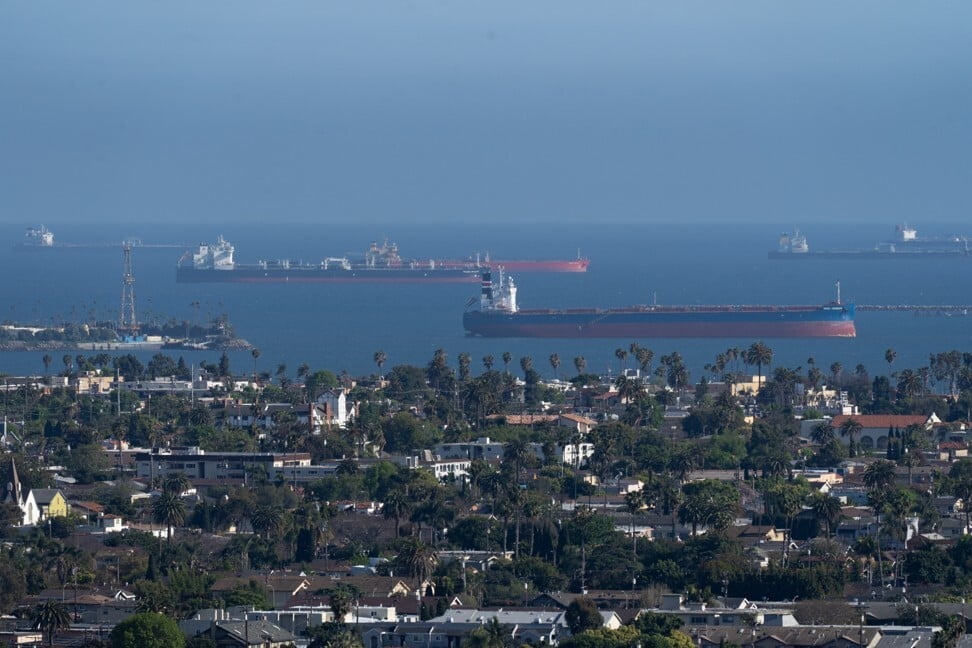
To recover, economies must first reckon with the coronavirus’ longer-term impact
- Even with the market gyrations in the short term, investors could look further ahead to pick out bargains
- Hong Kong, with huge reserves and a strong currency, is set to weather the storm. Yet, the government favours politics over economics, inhibiting recovery
The oil price collapse, which would be so important at another time, is just a sideshow; relegated to a mere sub-narrative, like so many other important events. The “proper price” for later deliveries has been pulled down substantially by the battles in the short-term maturities (oil’s reference price is based on futures, not spot).
It will take a great deal for these prices to be driven up to levels that the oil-producing nations need to balance their books. Ironically, oil users can’t really benefit economically as their storage is full and there is no demand anyway.

Hongkongers find disruption to social life toughest amid pandemic
Gross domestic product figures go on the scoreboard as annual figures. If in 2021 we see some recovery, global growth might be back to around 2 per cent. Investors may then mistakenly believe that “2021 was OK, 2019 was OK, so let’s ignore 2020”.
It may look as if things are back to normal – but they won’t be; we will be living in a very different economic world, having lost a lot of absolute growth.
In the short term, the market has to come to terms with the massive damage done to companies, people and economies. Big brand names are already going bust – most are already likely candidates for the chop but some will be unexpected. That is likely to inspire a further collapse in share prices.
But don’t waste a good crisis. In the longer term, this will be the time to look for bargains in future-facing companies. There are 10 trillion reasons we could well get buying before the March lows are touched – unless there is a shocking event, like one of the global banks going down.
Technology stocks are an obvious beneficiary of new investment as we become more digital. Government and corporate investment in pharmaceutical research previously reserved for cancer, heart attacks and the HIV epidemic will be put into viral infections, previously thought to be little more than an irritant.
The global economy can’t allow a shutdown, with a third of the world’s population stuck in purdah, to happen again.
Having a little gold in your back pocket should be a hedge against inflation when money loses value as more of it is printed. Oil stocks may rise from here; surely it has to go up.
The irony of ironies is that Hong Kong is in an excellent financial position to weather the storm, with a mountain of cash going into the crisis and a strong currency (perhaps they are related). It is likely to be one of very few major currency jurisdictions not printing funny money to pay its bills.
Richard Harris is chief executive of Port Shelter Investment and is a veteran investment manager, banker, writer and broadcaster, and financial expert witness

